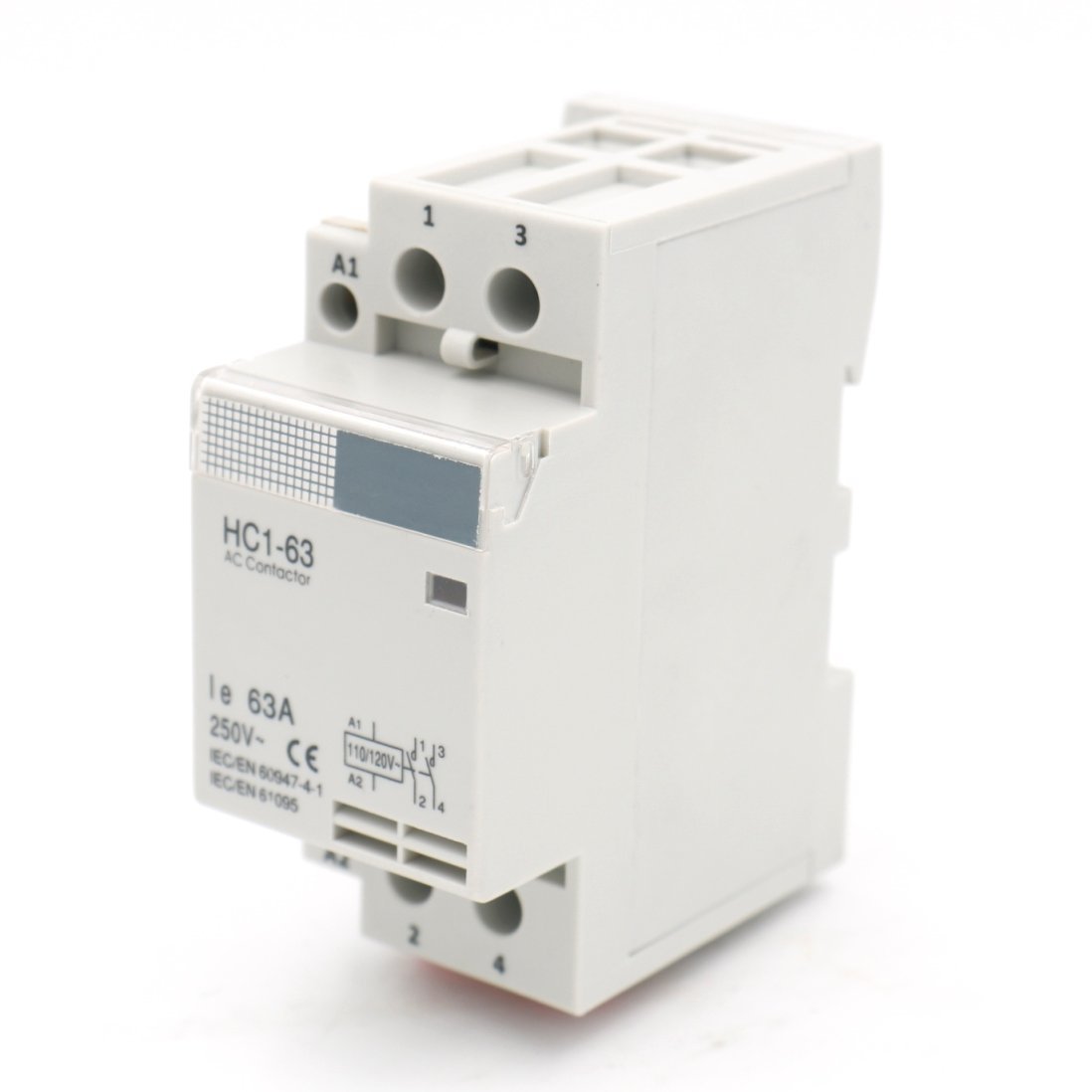Wizard_of_Frobozz
Well-Known Member
I've just started the process of building a new brew room and considering running 50 amp to it.
I like the flexibility that 50 amp would bring (2 large elements at the same time means faster heating) but I am having trouble finding materials to terminate the 6 gauge wire in my panel.
In my current 30 amp panel, I've used crimp spade and ring terminals with terminal strips to distribute power around the panel but 30 amp rated ones are available everywhere. 50 amp is much harder to find. I like the idea of using terminal blocks like Electric Brewing Supplies sells but I'm still not sure how to terminate stranded 6 gauge wire into those. In my experience, large stranded wire tends to loosen up over time in terminal blocks.
Any suggestions on the best method to terminate 6 gauge stranded wire? Any good sources for terminals and strips rated for 50 amps?
Thanks in advance for the help!
I like the flexibility that 50 amp would bring (2 large elements at the same time means faster heating) but I am having trouble finding materials to terminate the 6 gauge wire in my panel.
In my current 30 amp panel, I've used crimp spade and ring terminals with terminal strips to distribute power around the panel but 30 amp rated ones are available everywhere. 50 amp is much harder to find. I like the idea of using terminal blocks like Electric Brewing Supplies sells but I'm still not sure how to terminate stranded 6 gauge wire into those. In my experience, large stranded wire tends to loosen up over time in terminal blocks.
Any suggestions on the best method to terminate 6 gauge stranded wire? Any good sources for terminals and strips rated for 50 amps?
Thanks in advance for the help!





 Not as cheap as the Packards, but
Not as cheap as the Packards, but 
